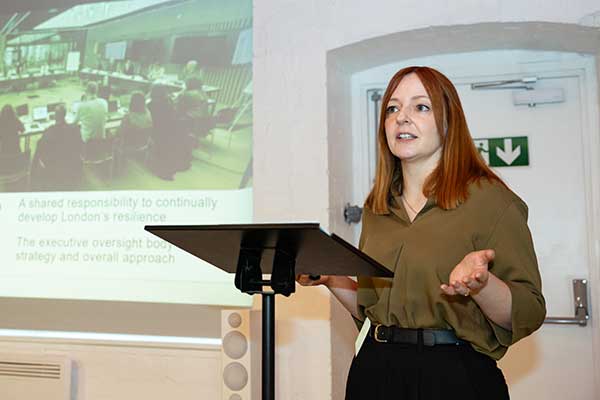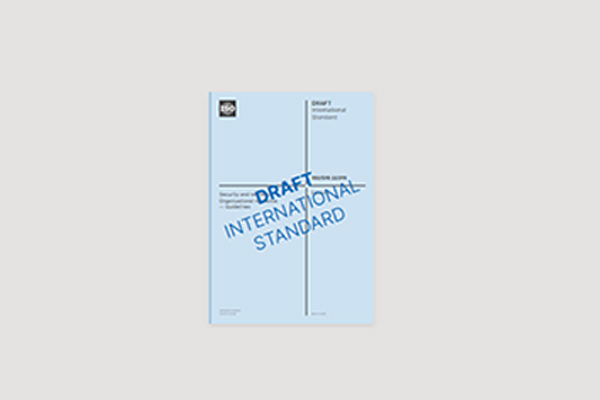I previously wrote about why it’s so important to get the right people together, and to listen to them.
Equally critical is my fourth principle: ‘be open, be transparent’.
Long gone are the days when ‘no comment’ was an acceptable response in the face of public questioning.
Today, there is a very reasonable expectation of transparency and openness. We therefore advise companies to ask themselves ‘what must we hold back?’, rather than ‘what must we tell?’.
Be open wherever possible. This applies to family businesses as well as more widely.
Now, a good news story to illustrate the principle: Total plc had their own mini-version of Deepwater Horizon a few years ago – a dangerous leak from the Elgin gas platform off the Scottish coast.
They efficiently and quickly evacuated their people. Nevertheless, after the first day of the potential crisis, they suffered a 6% share price hit.
But they got senior people in front of the microphones to explain what had happened and what they were doing about it – avoiding speculation and sticking to the facts.
Total plc already had a social media community and they proactively reached out to audiences on social media, again to explain what had happened and what they were doing about it. They also used their website for the same purpose.
After a week their share price hit was reduced to –1%. They had got onto the front foot and trust was quickly restored and maintained.
Which leads neatly to my fifth principle: ‘act early, act decisively’.
In the Korean War, US pilots almost always won their dogfights against North Korean enemy pilots. They were more agile, mentally and physically. They had an effective doctrine that enabled that, summarised by the acronym OODA: observe, orientate, decide, act.
By thinking and acting quickly to suit each situation, they got inside the enemy’s ‘OODA loop’. Rather unfairly, the acronym has been adopted by others and re-translated as ‘obfuscate, over-react, deny, apportion blame’. But it still holds good.
As a test-case, I sometimes ask junior managers in big companies what they would do if they, for example, heard during a weekend that one of their people had been killed in a car-crash. Telephone the CEO straight away? Wait until Monday morning? Or not tell the CEO at all, because it is a minor detail?
In my view, far better to tell the CEO immediately, than the CEO hear about the fatality from a non-company source – for example on the local news. After all, we all like to think that we work for, or run, family-orientated companies.
If you wake the CEO with the news, then he or she can always go back to sleep afterwards. Leaders need to make it clear that they would prefer to be bothered by potential dramas than not. It should be the same for families. It is easier to de-escalate than to escalate too late.
One of the challenges in the face of acting early and decisively is that inevitably a full hand of information only becomes available over time. That is where judgement and good leadership is so important: having the experience and the courage to speak – publicly if need be – and to take decisions before knowing every single fact. Especially where early actions can save lives.
Coming next: my final principles for a prepared mind in a time of crisis
John Deverall CBE is a member of the Resilience First board. He leads Deverell Associates (www.deverellassociates.com), helping family offices and their advisers to deal more effectively with risks. His company’s motto is “The Prepared Mind”.
This blog is adapted from ‘The ‘prepared mind’ at a time of crisis’ by John Deverell, taken from the ninth issue of the new The International Family Offices Journal, published by Globe Law and Business. See www.globelawandbusiness.com/journals/the-international-family-offices-journal
For further reading, please visit our Knowledge Hub.



